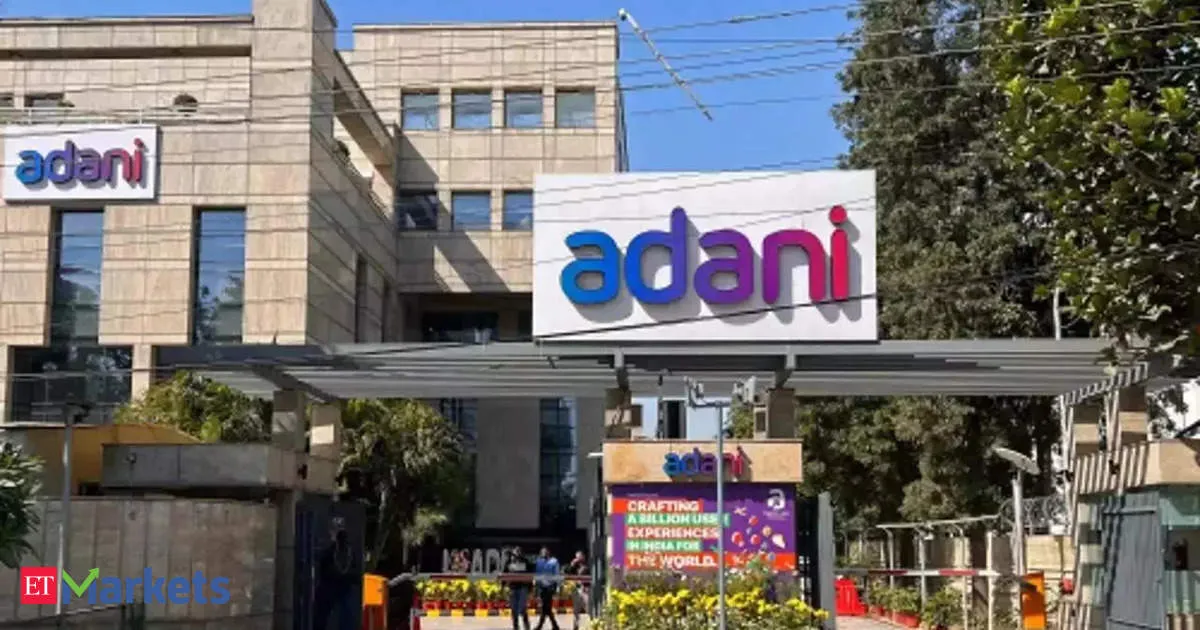Adani Group Can Double Local Debt Exposure in Capital Markets, Says CFO

Mumbai: The Adani Group can double its debt exposure to the domestic capital markets to 10% of the conglomerate's total loans so long as the instruments used to raise funds mature within five years, said the group's chief financial officer, Jugeshinder Singh.
Indian capital markets currently account for about 5% of Adani Group's total outstanding borrowings, or ₹12,404 crore, as of March-end 2024. If longer-duration debt is included, the group will also be open to having as much as 15% of its debt from local capital markets, Singh told ET, after launching Adani Enterprises' maiden non-convertible debentures' issue of ₹800 crore.
This issue will open on September 4 and close on September 17. The debt instruments are available in tenures of 24, 36, and 60 months with interest rates of 9.25%, 9.65%, and 9.90%, respectively.
Adani Enterprises has outlined a capital expenditure of ₹80,000 crore for the year, covering various businesses including airports and roads, with a cost of capital of 9% on a weighted average basis.
Singh has emphasized that this NCD issue is a small start to the debt issues that the group plans to bring over the next two decades, affirming that core infrastructure and energy development must be funded using domestic capital.
The group's debt through domestic lenders, including banks and non-banking financial institutions, now constitutes 36% of their total debt mix, marking an increase of around 500 basis points through 2023-24 (Apr-Mar).
As of March 31, 2024, Indian lenders have provided a total of ₹88,100 crore to the Adani Group out of their total debt of ₹2,41,394 crore.
Singh noted that while businesses in metals and Poly Vinyl Chloride would be funded with domestic debt, capital expenditures for Adani Green and Adani Energy Solutions would derive from global markets.
Singh explained, What you look at is the risk-adjusted cost of capital, not the rate. For long-term debt of 20 or 30 years, global debt is cheaper. Conversely, for three-year debt, domestic debt is more cost-effective.
This mix between global and domestic debt will continue to adapt based on the specific debt requirements of each business.
However, Singh emphasized that the traditional capital markets have a greater appetite for debt, highlighting the importance of the investor's experience with the initial NCD issue, stating, The challenge is whether we can adequately create something that the domestic investor wants and needs.
This article was prepared using information from open sources in accordance with the principles of Ethical Policy. The editorial team is not responsible for absolute accuracy, as it relies on data from the sources referenced.